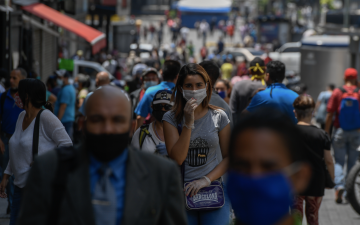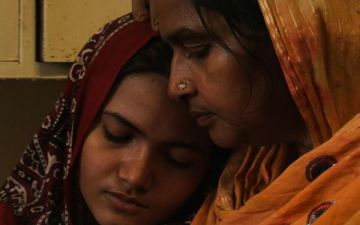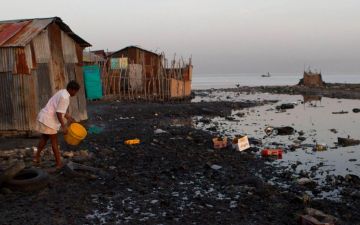In Health, Pulitzer Center grantees delve into some of the world’s most pressing health issues and challenges. Featuring a wide range of topics from chronic illnesses to outbreaks and epidemics to reproductive health and public health systems, our reporting looks at the breadth of health issues found across the globe.
We also look at the global footprint of cancer, which kills more people than HIV/AIDS, tuberculosis, and malaria combined. We examine the disproportionate burden placed on poorer countries, as well as the medical and business innovations that allow for treatment once thought too costly or too difficult to deliver.
Other projects look at mental health, including the trauma caused by conflicts like the wars in Syria and Yemen, the effects of pollution on communities, and safety and injury-related deaths, such as in our ongoing Roads Kill project.
By telling the stories of patients, caregivers, and scientists, our reporters are drawing outbreak comparisons and providing lessons for prevention. They are also taking on the challenge of communicating technical information to the lay ear, and ultimately filling the gap between the scientific and public understanding of health crises.











